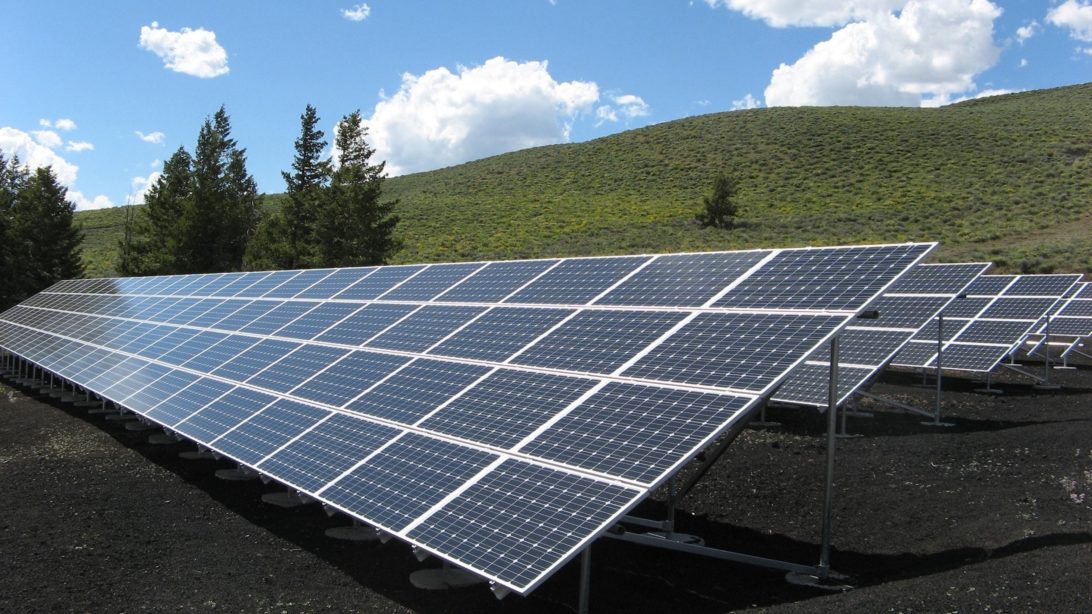
At our center we develop and promote intelligent energy management systems, which play a key role in the overall concept of smart cities. These systems are especially designed for smart grids, although we also cover aspects related to gas sources and water supply. Our main objective is to use energy efficiently and rationally, seeking solutions that are based on the integration of advances in electrical engineering and information technologies.
The fundamental purpose of smart grids is to optimize energy use. This involves integrating all system elements, such as control, metering and protection, into a single management system. Through this integration, we seek to maximize the use of available energy resources, reduce losses and improve efficiency in the production, distribution and consumption of electricity.
In the coming years, the fight against climate change will become increasingly crucial, and success will depend to a large extent on our ability to reduce our carbon footprint. In addition, rising energy prices pose short-term economic challenges. In this context, smart grids play a key role in facilitating the efficient management of electricity and using information technology to optimize energy production and distribution. Our aim is to contribute to energy efficiency, balance supply and demand, and promote the active participation of consumers in energy management.
These grids allow us to balance electricity supply and demand between producers and consumers. Through the implementation of advanced technologies, such as smart sensors and communication systems, we can collect real-time data on electricity production and consumption. This data enables us to make informed decisions to ensure that energy is distributed efficiently and waste is avoided.
In addition, smart grids also promote the active participation of consumers. By implementing smart meters and energy control systems in homes and businesses, users can monitor and optimize their energy consumption. This not only saves them money on their energy bills, but also contributes to the reduction of overall consumption and environmental sustainability.
Demonstration of system or prototype in a real environment.